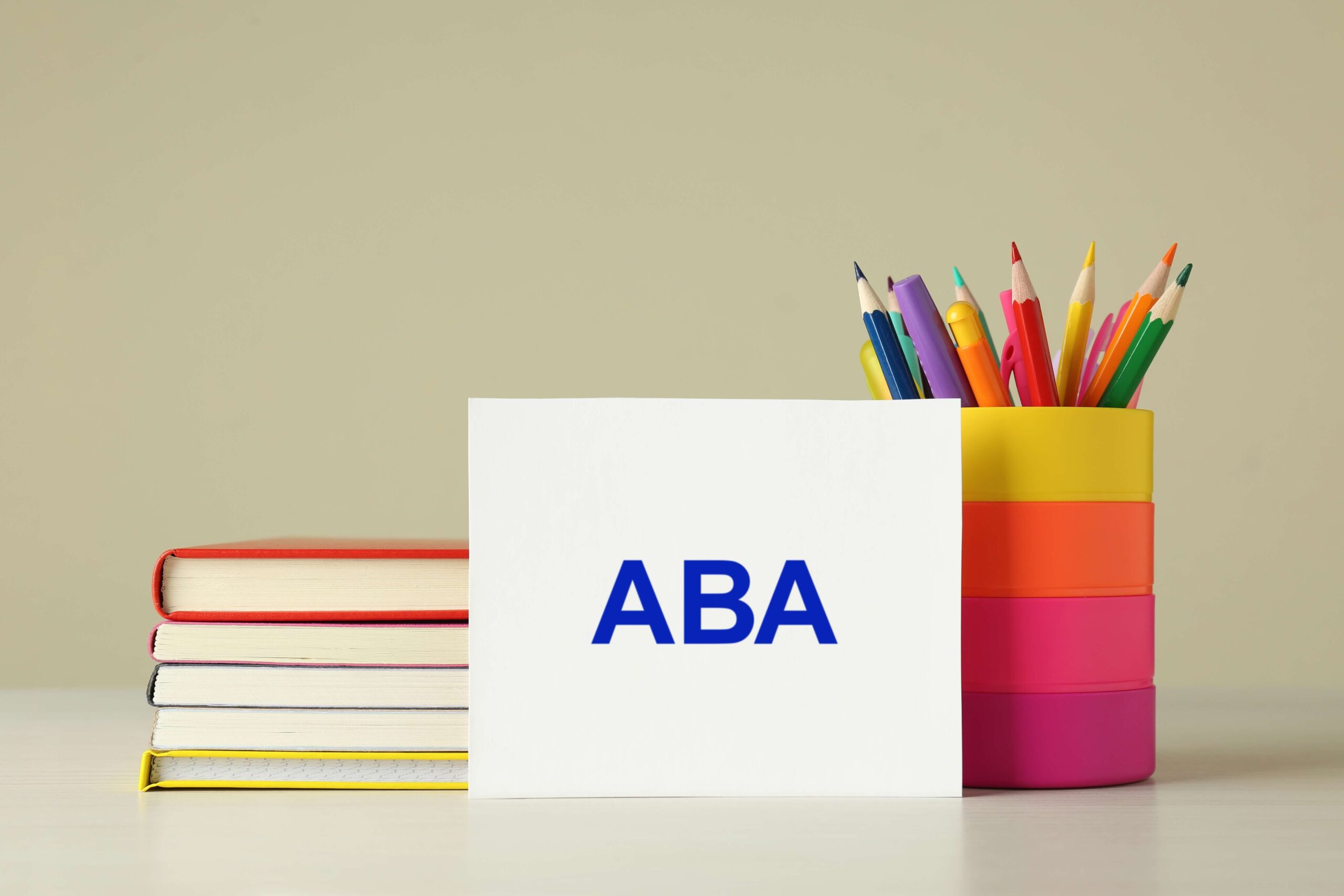Aug 11, 2022
ABA as an Effective treatment for autism
There are many therapies marketed towards treating autism all claiming to be effective. According to autism speaks, ABA is one of the most popular therapies used to treat autism. Despite it’s popularity, most of the articles I found about ABA present information subjectively. Selecting what treatment to pursue for treating autism spectrum disorder can be an overwhelming task. What information do parent’s need to know to objectively determine if ABA is an effective treatment for autism?
What is ABA?
Applied Behavior Analysis (ABA) the science of human behavior. ABA focuses on improving specific behaviors through a system of rewards and consequences. The principals of ABA were founded on B.F. Skinner’s research which measured the effects of consequences in teaching behaviors to animals.
How did ABA go from animals to autism?
ABA remained laboratory based until the 1970’s when Dr. Oscar Lovaas developed a method of teaching children who have autism using B.F. Skinner’s theories of behavior. The effectiveness of his method was validated by Dr. Lovaas’ research. The data showed that the children who received daily, intensive instruction demonstrated significant improvements in their symptoms with almost half being classified as having “normal intellectual and educational functioning”. Dr. Lovaas method became known as ABA therapy and has been used as a treatment for children who have autism for over 40 years.
Ok, but Lovaas’ article was only one study. How did it become the model for modern ABA therapy?
Since ABA is a data driven therapy its methods can be replicated evaluated using the scientific method. Being able to replicate data ensures that behavior change is direct result of ABA therapy. ABA studies have been peer reviewed, which means that the methods were deemed effective after being evaluated by an outside group of researchers.
Don’t other therapies have research to support their effectiveness?
Many therapies claim to be effective treatments for autism. The difference between ABA therapy and the other therapies is science. ABA is the only therapy whose methods have been validated through the scientific method. ABA’s roots in science is the reason that ABA has been endorsed by state and federal agencies, such as the US Surgeon General. It is also the why doctors deem ABA therapy medically necessary and is covered by health insurance.
I’m a parent, not a scientist! How can parent’s determine if ABA is an effective treatment for autism?
Effectiveness of ABA therapy is easy to evaluate as a parent as well. ABA is only of the few therapies covered by insurance that provides parents with parent training hours. These hours are to be used for collaboration between the BCBA and the parents and caregivers to discuss the child’s progress, answer parents’ questions, and provide training to carry over effective methods outside of therapy sessions. The role of data is extremely important for determining if ABA is an effective treatment. BCBAs choose goals and instructional procedures based on data from studies in ABA journals. Progress is evaluated by analyzing data collected during instruction and indicates what changes should be made in a student’s program to ensure that learning is occurring. For a parent data is an objective way to evaluate progress which enables parents to make informed decisions about how their child is doing in ABA therapy instead of relying on anecdotes.
But you’re a BCBA! You’re biased- how can you objectively consider other therapies?
I’m a BCBA because I believe ABA is an effective therapy for autism.
Unbeknownst to the families I work with, I was not always a believer in ABA. In college I was introduced to complementary and alternative therapies used to treat Autism. They all made so much sense to me. Each therapy had multiple clinicians and parents raving about the life changing effects of these therapies. I spent hours and hours studying the theory behind each therapy. Outside of my classes I sought out further training from the top practitioners in different therapies to improve my practice. In my first jobs working with individuals who have autism I used these methods to teach my students. I believed that complementary and alternative therapies were the effective methods of treating autism.
Until my Intro to ABA class.
I first heard about ABA from a high school teacher after I told her I wanted to teach individuals who have autism. I watched the videos and read articles and I was not impressed. I viewed ABA therapy was outdated, cold and rigid, basically the opposite of the educator I wanted to be.
I came into the class ready to challenge everything the professor said, armed with years of knowledge from studying complementary and alternative therapies for treating autism. I tried over and over again to disprove what we were learning, but my beliefs didn’t stand a chance against the data driven, scientifically proven methods of ABA.
Is ABA an effective therapy for treating autism?
To me, the evidence is clear.
What about you?
Still not convinced? For more information about ABA therapy or how to determine effective treatments options for autism visit the Association for Science in Autism Treatment website https://asatonline.org/for-parents/becoming-a-savvy-consumer/


